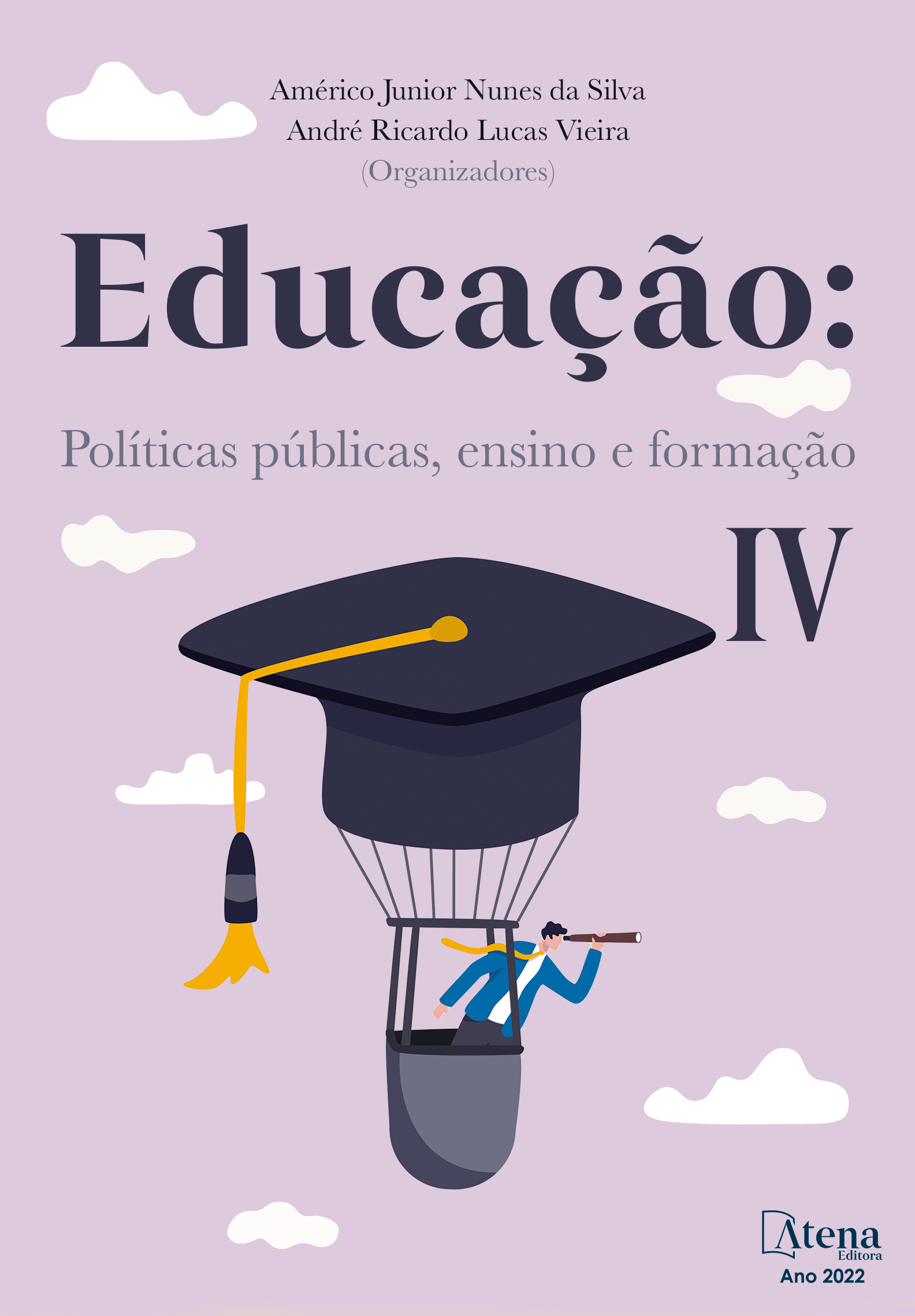
FUNDAMENTOS PARA UMA PROPOSTA DE ENSINO HISTÓRICO-CRÍTICA SOBRE ENERGIA NUCLEAR A PARTIR DO PROGRAMA DE DESENVOLVIMENTO DE SUBMARINOS (PROSUB)
Este texto é fruto dos resultados da pesquisa de Mestrado Profissional realizada junto ao Programa de Pós- Graduação em Educação em Ciências e Matemática da Universidade Federal Rural do Rio de Janeiro (PPGEduCIMAT/UFRRJ). A pesquisa buscou indagar sobre a possibilidade de se fundamentar uma proposta de ensino histórico-crítico para a energia nuclear, tomando o método da Pedagogia Histórico-Crítica (PHC) como fundamento didático e o Programa de Desenvolvimento de Submarinos da Marinha do Brasil (PROSUB) como prática social educativa e objeto de pesquisa. A pesquisa desenvolvida foi do tipo exploratória, quantitativa-qualitativa, que através de uma revisão da literatura pertinente e de questionário on line como instrumento de pesquisa, se buscou coletar impressões de professores de Ciências Naturais da Educação Básica sobre suas práticas de ensino, sobre o PROSUB e sobre a PHC como teoria crítica da educação. Das reflexões obtidas, foi concluído que para se fundamentar uma proposta histórico-crítica sobre energia nuclear como conteúdo de ensino, o professor deve ser capaz de compreender os fundamentos teóricos da natureza e da especificidade do trabalho educativo pela PHC, ter domínio do conhecimento científico a ser transmitido e da metodologia da Pedagogia Histórico-Crítica como prática pedagógica, e saber organizar didaticamente as múltiplas determinações históricas constitutivas da processualidade e das contradições da energia nuclear como conteúdo e objeto da prática social aser ensinada. Como premissa do ensino histórico-crítico à educação escolar, cabe ao professor a tarefa político-pedagógica de realizar a socialização do conhecimento científico através da mediação entre os saberes espontâneos dos alunos e o conhecimento sistematizado da ciência, como apreensão sintética das relações sociais na forma de saber elaborado e histórico-social.
FUNDAMENTOS PARA UMA PROPOSTA DE ENSINO HISTÓRICO-CRÍTICA SOBRE ENERGIA NUCLEAR A PARTIR DO PROGRAMA DE DESENVOLVIMENTO DE SUBMARINOS (PROSUB)
-
DOI: 10.22533/at.ed.8482219075
-
Palavras-chave: Pedagogia histórico-crítica. Ensino. PROSUB. Energia nuclear. Ciências.
-
Keywords: Historical-critical pedagogy. Teaching. PROSUB. Nuclear energy. Science.
-
Abstract:
This text is the result of the results of the Professional Master's research carried out with the Graduate Program in Science and Mathematics Education at Universidade Federal Rural do Rio de Janeiro (PPGEduCIMAT/UFRRJ). The research sought to inquire about the possibility of basing a historical-critical teaching proposal for nuclear energy, taking the method of Historical-Critical Pedagogy (PHC) as a didactic foundation and the Brazilian Navy Submarine Development Program (PROSUB) as an educational social practice and research object. The research developed was exploratory, quantitative-qualitative, which, through a review of the relevant literature and an online questionnaire as a research instrument, sought to collect impressions from Natural Science teachers of Basic Education about their teaching practices, about the PROSUB and on PHC as a critical theory of education. From the reflections obtained, it was concluded that in order to base a historical-critical proposal on nuclear energy as a teaching content, the teacher must be able to understand the theoretical foundations of the nature and specificity of the educational work at PHC, have a mastery of scientific knowledge to to be transmitted and the methodology of Historical-Critical Pedagogy as a pedagogical practice, and to know how to organize didactically the multiple historical determinations that constitute the processuality and contradictions of nuclear energy as content and object of the social practice to be taught. As a premise of the historical-critical teaching of school education, the teacher is responsible for the political-pedagogical task of carrying out the socialization of scientific knowledge through the mediation between the students' spontaneous knowledge and the systematized knowledge of science, as a synthetic apprehension of social relations in the form of elaborate and historical-social knowledge.
-
Número de páginas: 15
- ISRAEL SILVA FIGUEIRA


